While plastic waste is an issue, its prominence in the general public’s concern for the environment is overshadowing greater threats.
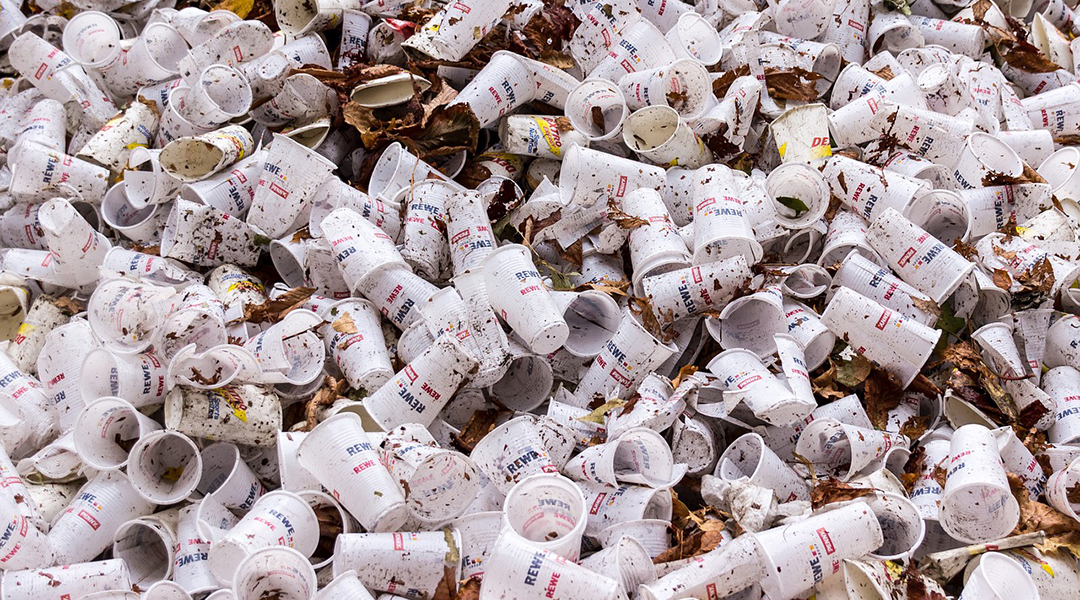

While plastic waste is an issue, its prominence in the general public’s concern for the environment is overshadowing greater threats.
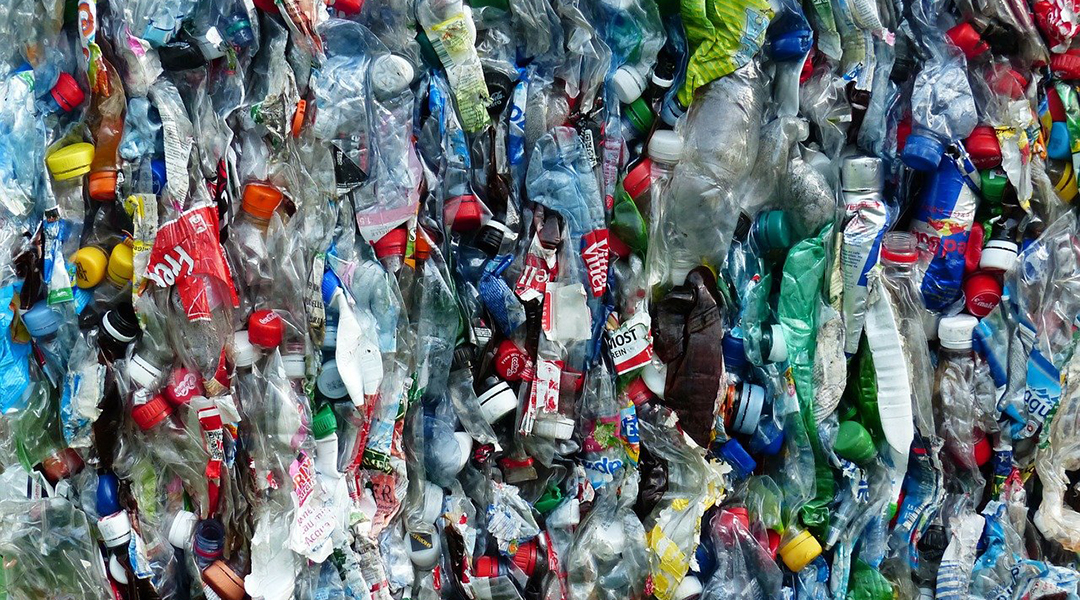
Researchers develop an efficient, low-energy method for upcycling polyethylene plastic waste into valuable molecules that can be repurposed for further use.
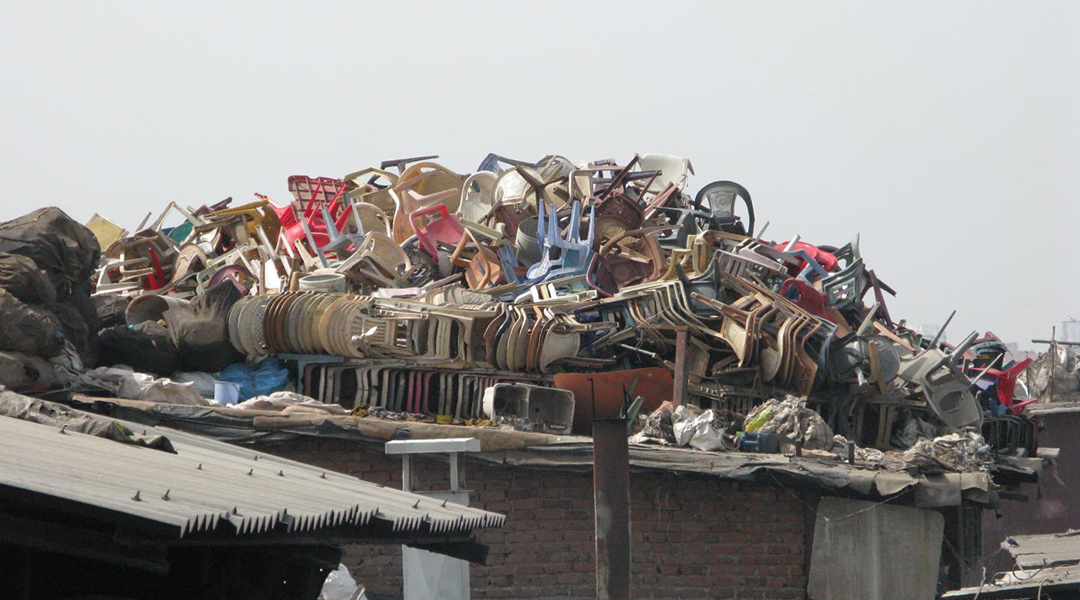
Unless growth in plastic production and use is halted, a fundamental transformation of the plastic economy to a framework based on recycling is essential.
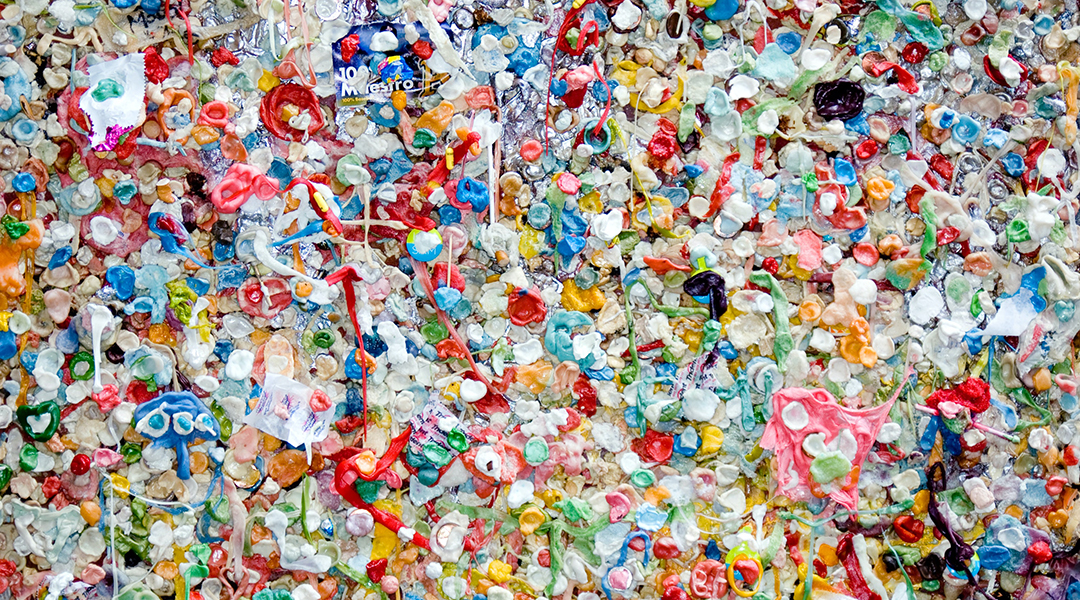
A new study is the first to examine micro- and nanoplastic occurrence in human organs, providing the first clues on potential exposure sources and routes.
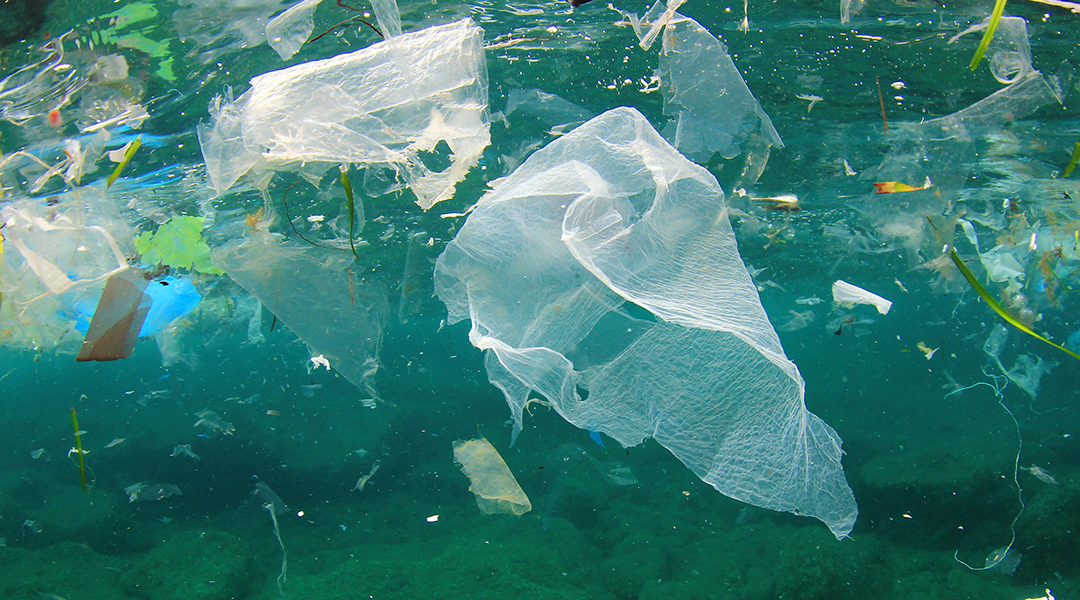
A recent study finds that up to 31% of plastic exported for recycling is not recycled at all.
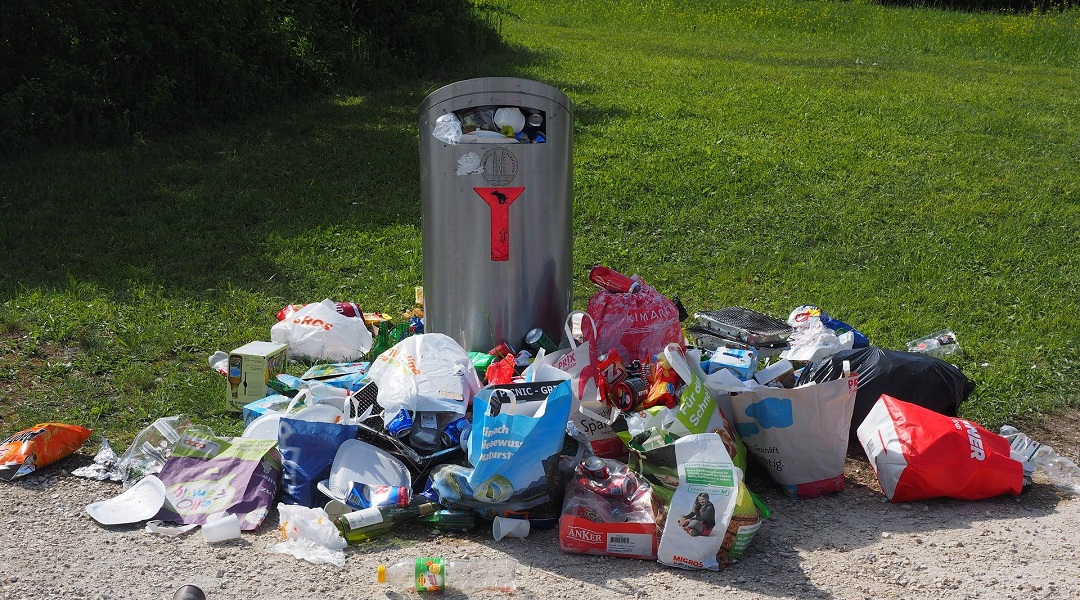
Chemical transformation of waste plastics into value-added chemicals can be a convenient avenue to supplement current recycling processes.

Researchers use hot water and pressure to circumvent the need to use toxic chemicals in the production of organic plastics.

A new route to synthesize plastics not only moves away from fossil fuels but enhances the likelihood of recycling.
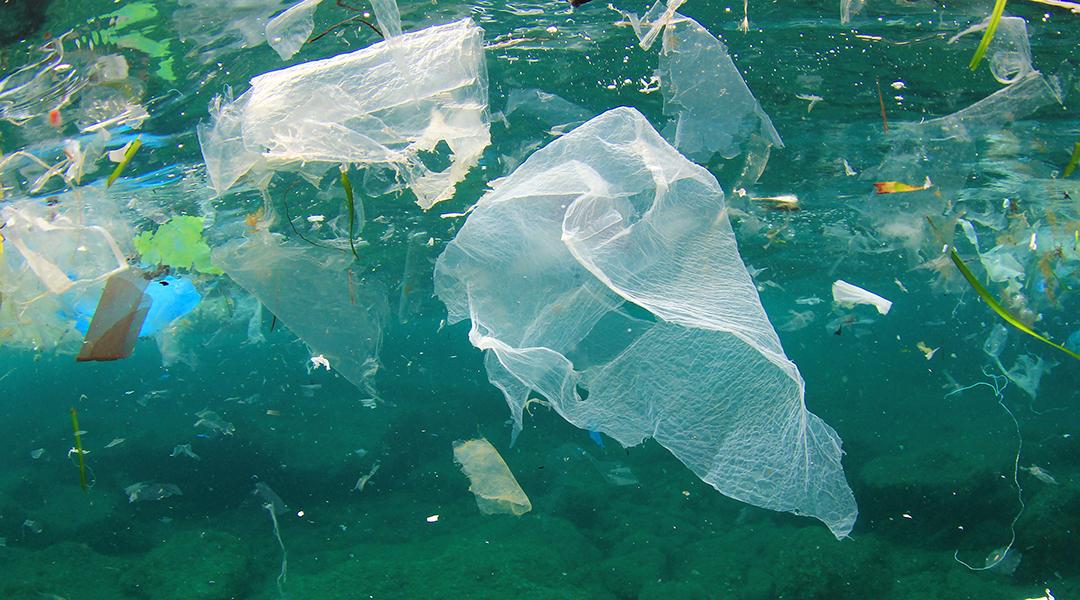
A new approach combines 3D coherent imaging with machine learning to detect microscale microplastics in filtered water samples.
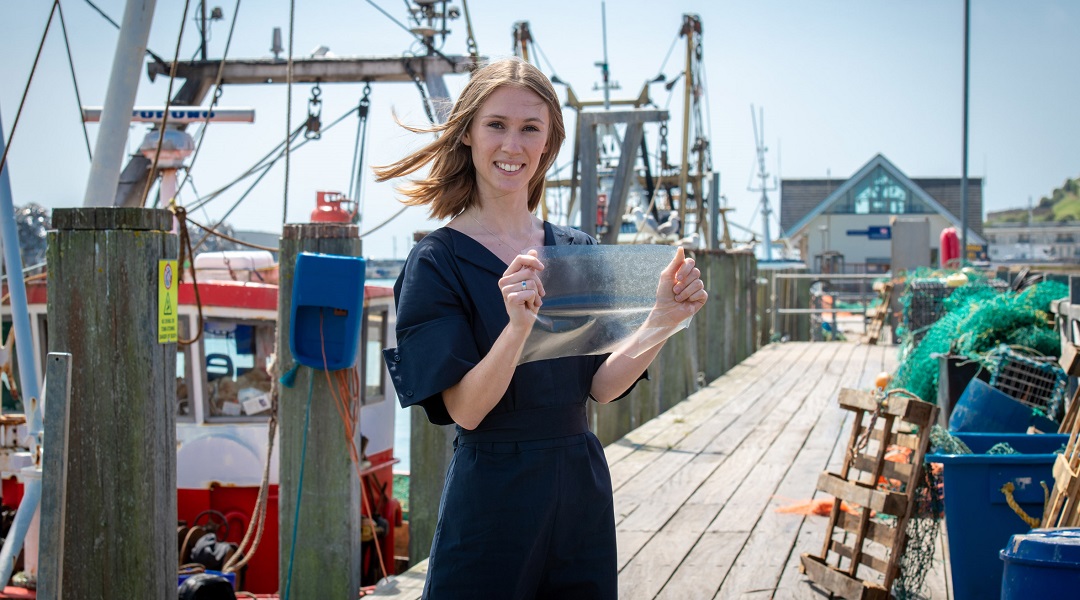
A Sussex student invented a bioplastic sourced from the sea.